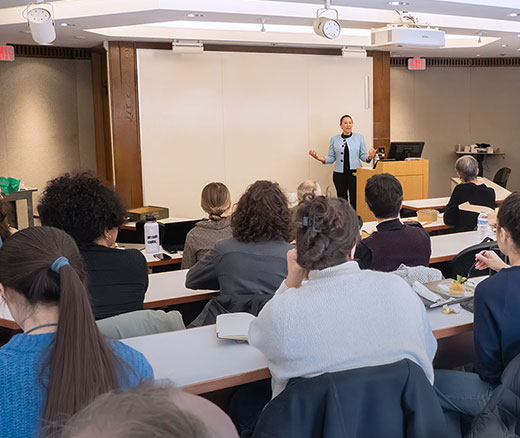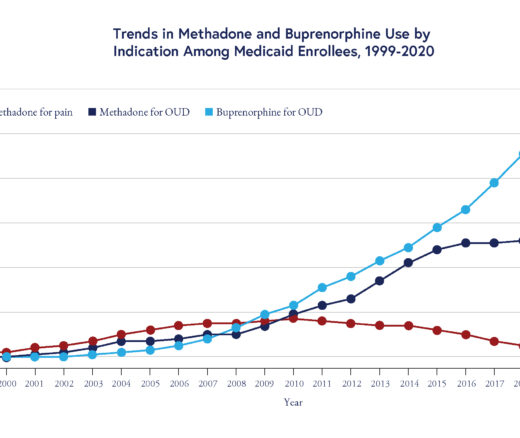
Only One in Four High-Risk Rural Births Get Appropriate Hospital Care
A Multi-State Study Finds That Parents Often Travel 60+ Miles—With Distance, Insurance, and Race Driving Gaps in Maternal Care
News

Five LDI Senior Fellows have been awarded grants supporting three research pilot projects focused on the development and implementation of effective transitional housing interventions for people with HIV. The research is being funded through a partnership of the Leonard Davis Institute of Health Economics (LDI), Philadelphia Department of Public Health (PDPH) Division of HIV Health (DHH), and the Penn Center for AIDS Research (CFAR).
Stable transitional housing plays a crucial role in HIV treatment programs because it significantly impacts health outcomes. Evidence shows that stable housing is strongly associated with a higher likelihood that an individual will be prescribed antiretroviral therapy and achieve higher rates of viral suppression.
Among the barriers that keep people with HIV from stable housing are HIV-related stigma, the reduced physical ability to work and afford housing, the rising cost and widespread shortage of housing in general across the country, the ability to produce viable rental history, especially for younger clients, and mental health disorders and substance use, which are more prevalent among people with HIV experiencing homelessness.
The LDI Senior Fellows receiving the grant awards are Stephen Bonett, PhD, RN, Assistant Professor Family and Community Health at the Penn School of Nursing; Dennis Culhane, PhD, Professor of Social Policy at the Penn School of Social Policy & Practice; Malitta Engstrom, PhD, LCSW, Associate Professor at the School of Social Policy & Practice; Aaron Richterman, MD, MPH, Assistant Professor of Infectious Disease at the Perelman School of Medicine; and Atheendar Venkataramani, MD, PhD, Associate Professor of Medical Ethics and Health Policy at the Perelman School of Medicine.
Funded for $115,000, the three pilot projects that are part of the partnership’s overall “Transitional Housing for People with HIV Experiencing Housing Instability” initiative are:

A Multi-State Study Finds That Parents Often Travel 60+ Miles—With Distance, Insurance, and Race Driving Gaps in Maternal Care

Former CMMI Leader Liz Fowler Cites Rigid Federal Scoring Rules and Bureaucratic Impatience for Pilot Failures

A Major European–U.S. Hospital Study Finds That Changing How Hospitals Are Organized Reduces Burnout and Turnover While Improving Care Quality

An LDI Fellow Who Helped Architect the ACA Highlights Progress on Primary Care Payment Reform and the Expansion of Site-Neutral Reimbursement Policies

Penn LDI Senior Fellow Dominic Sisti Cites “Alarming Levels”

Chart of the Day: Methadone Use for Opioid Use Disorder Tripled From 2010–2020, Yet Only One in Four People With Addiction Receive Medication